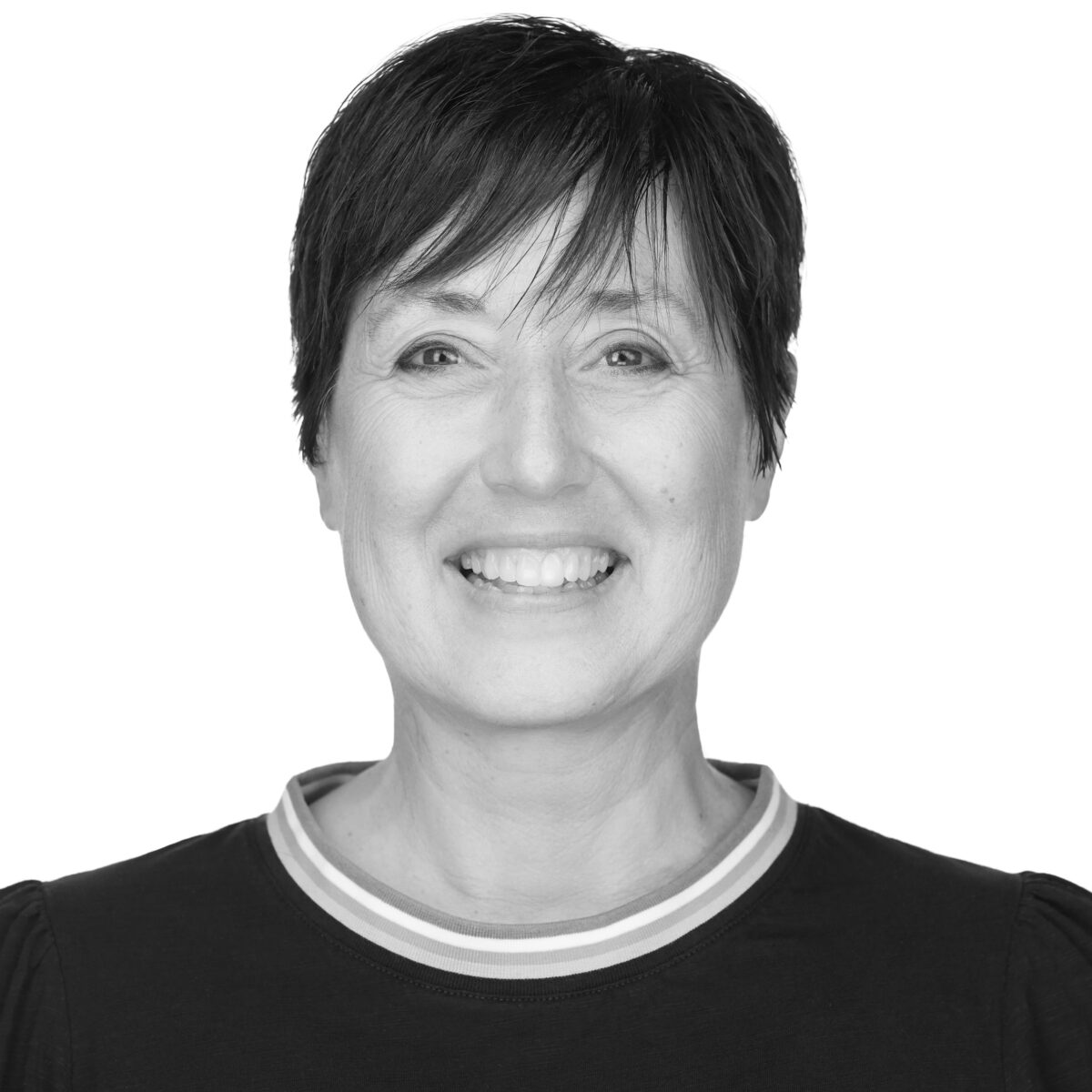What To Do Now That Treatment Is Over
by Diana Sadtler
Going through any intensity of cancer treatment is exhausting on so many levels and we are so thankful to our doctors and staff who help navigate us through the process. However, more often than not, once treatment is complete and the onslaught of visits are over, you might be left with a feeling of not quite being done yet. You ask yourself, What do I do now?
It’s a common concern for those living with cancer on how to manage symptoms, gain back strength, emotional health, and live life again. Being your own advocate is so important at this stage of your journey and taking care of your specific needs is an important step in moving forward. Oftentimes after surgery or treatment, there can be temporary mobility restrictions and having a conversation with your doctor will help you to determine at what point to incorporate activity into your day. It’s critical to get clearance from your doctor before beginning any exercise programs.
There are a variety of activities that will help you work towards meeting specific needs and goals. They will also help improve range of motion, manage and reduce stress and pain, build strength and flexibility, improve sleep and energy levels, decrease depression, manage lymphedema, and increase your ability to find calmness and relaxation. Keep in mind that as you start to feel better, your needs will change and it’s perfectly normal to stop one thing and try another.
Try one of the following if you’re asking yourself, What Do I Do Now?
Wellness Practitioner
There are many wellness practitioners who specialize in all kinds of services to help you along the way of healing. Start with referrals from your doctor’s office, family, and friends for a practitioner in your area. An online search is helpful as well.
It’s important to select a practitioner that is schooled specifically to work with those living with cancer. Each individual will have different restrictions that will require modifications and it’s critical a provider is educated in the field of cancer and the physical challenges that may present.
Functional Movement and Yoga Therapy
This combination of functional movement exercises and yoga greatly improves your mobility, strength and flexibility, reduces lymphedema, and improves emotional health. Functional movement will focus on areas that have been affected by surgery and present temporary movement restrictions as well as whole body muscle balance. Yoga (see below) accomplishes the same or similar results using a different technique. It’s the perfect combination.
Yoga
There’s all levels and types of yoga and each has its specific origins based on ancient practices, ancient texts, and people. Yoga will increase strength, flexibility, and balance and is a good introduction to meditation. Hatha yoga focuses on creating balance and deep relaxation by holding physical poses (asanas) while focusing on alignment. Vinyasa Flow is movement from one pose to another focusing on breathing. Kundalini Yoga releases energy and is based on a formulated set of exercises using breath. Restorative Yoga uses poses that are meant for its namesake, to help restore. Each posture is floor based, lengthens and makes space for muscles using bolsters, pillows, and blankets.
These are just a few of the many forms of yoga one can participate in and speaking with the practitioner about your goals and needs will help you decide what you’d like to start with.
Meditation
Meditation is an ancient practice focusing your mind, using a combination of physical and mental techniques. Meditation can reduce stress and anxiety, improve focus, better sleep, improves self-awareness, and encourages love and kindness. There are structured ways to meditate such as mantra meditation, visual and guided mediation, physical meditation, and emotionally-centered meditation. Free form meditation can be a walk in the woods, enjoying a beautiful day outside, working with your hands, or participating in a favorite hobby. Meditation is taking time to clear away the negative thoughts and feelings and focusing on what is important in your life and makes you happy.
Support Groups
Your local hospital and doctors are a great resource for finding a support group specific to your type of diagnosis. It’s a safe place to express any concerns and hear from others who might be experiencing the same feelings as yourself.
You can also check out Coping’s Cancer Survivors Guide for some excellent resources.
Acupuncture
Acupuncture is part of traditional Chinese medicine and is a technique for balancing the flow of energy, known as chi (chee), believed to flow through the pathways in your body. Acupuncture is used to treat pain, reduce stress and anxiety, and is good for overall health.
Registered Dietitian
There are multiple reasons for enlisting a registered dietitian (RD) into your recovery plan. Eating well nourishes the body with the nutrients needed to rebuild cells and recalibrate the body overall for good health and feeling good again. Often after cancer related treatments people tend to lose taste for a short time or taste buds may be altered permanently. Working with an RD will help you to learn how to use different spices and ingredients that will help food taste good. Perhaps you need to put weight on, learn about what foods will help reduce nausea, or focus on what foods are important for overall health. The list is endless and an RD is a great source for educating yourself for whatever your needs and goals may be.

Diana is an exercise physiologist and yoga teacher, specializing in oncology, functional movement and therapeutic yoga. She currently works with private clients in Connecticut. To learn more visit: dswellness.fitness


